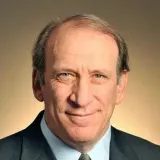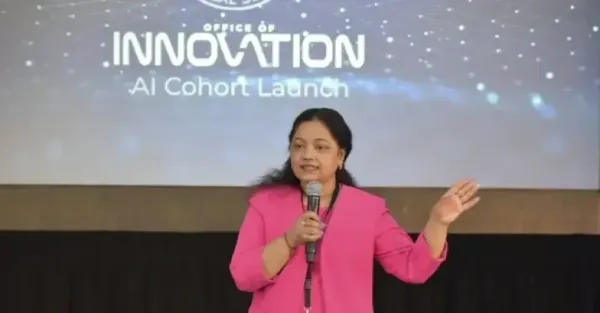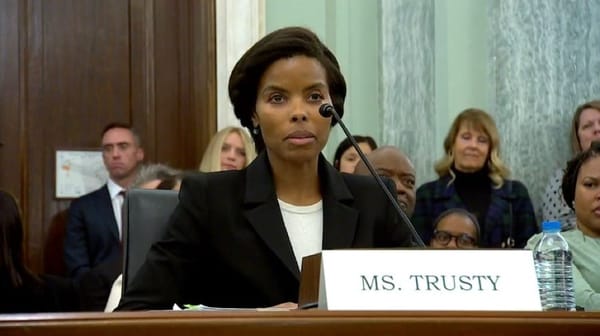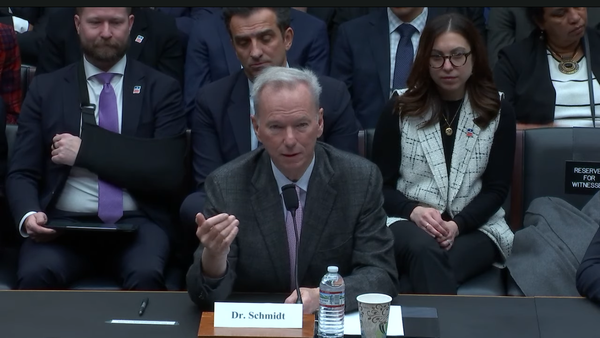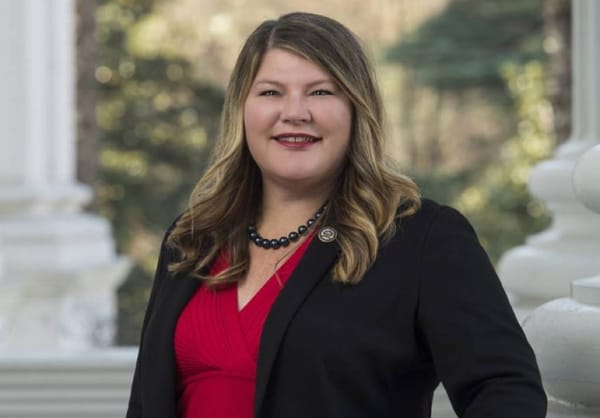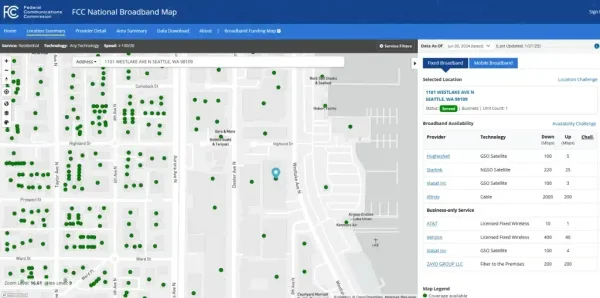Broadband Breakfast on January 8, 2025 – Recapping Biden Administration's Legacy on Broadband Infrastructure
Join us for a comprehensive discussion on the achievements and lessons around broadband in the Biden Administration.

President Joe Biden has advanced broadband access and digital equity through landmark legislation and investments. With the $65 billion Infrastructure Investment and Jobs Act as a cornerstone, the administration launched flagship programs like BEAD, ACP, and Digital Equity grants to bridge the digital divide. Beyond broadband, the American Rescue Plan Act contributed an additional $10 billion to connectivity projects, and the Federal Communications Commission made strides in broadband mapping, addressing long-standing gaps in accurate data. From fostering public-private partnerships to advancing fiber-optic deployments, we’ll discuss how the Biden Administration’s vision has shaped the broadband narrative - and what it means for the Trump Administration.
Panelists
- Andrew D. Lipman, Partner, Morgan Lewis
- Blair Levin, Nonresident Senior Fellow, The Brookings Institution
- Armand Musey, President and Founder, Summit Ridge Group
- Joe Kane, Director, Broadband and Spectrum Policy, ITIF
- Drew Clark (moderator), CEO and Publisher, Broadband Breakfast




Andrew D. Lipman practices in most aspects of communications law and related fields, including regulatory, transactional, litigation, legislative, and land use. Andy’s clients in the private and public sectors include those in the areas of local, long distance, and international telephone common carriage; Internet services and technologies; conventional and emerging wireless services; satellite services; broadcasting; competitive video services; telecommunications equipment manufacturing; and other high-technology applications. Additionally, he manages privatizations of telecommunications carriers in Europe, Asia, and Latin America.
Blair Levin is a nonresident senior fellow at Brookings Metro. Levin serves as a policy analyst with New Street Research, an equity research firm focused on telecommunications and technology. Levin has also been involved in a number efforts to broaden broadband’s reach and effectiveness, including serving as the Executive Director of Gig.U: The Next Generation Network Innovation Project, an initiative of three dozen leading research university communities seeking to support educational and economic development by accelerating the deployment of next generation networks, leading the writing of a report for the World Bank and United Nations High Commission on Refugees on broadband for refugees, and most recently, working with the National Urban League to write the Lewis Latimer Plan for Digital Equity and Inclusion.
Armand Musey is the President and Founder of Summit Ridge Group. He has over 15 years of equity research, investment banking, and consulting experience. Armand has completed dozens of financial valuation, strategic analysis, business development, corporate governance, and business plan creation assignments in the communications industry and has experience working on numerous financing and M&A transactions. His projects include leading Summit Ridge Group’s support of the U.S. Department of Justice’s Antitrust division’s review of the proposed T-Mobile/Sprint merger.
Joe Kane is director of broadband and spectrum policy at ITIF. Previously, he was a technology policy fellow at the R Street Institute, where he covered spectrum policy, broadband deployment and regulation, competition, and consumer protection. Earlier, Joe was a graduate research fellow at the Mercatus Center, where he worked on Internet policy issues, telecom regulation, and the role of the FCC.
Breakfast Media LLC CEO Drew Clark has led the Broadband Breakfast community since 2008. An early proponent of better broadband, better lives, he initially founded the Broadband Census crowdsourcing tool to collect and verify broadband data left unpublished by the Federal Communications Commission. As CEO and Publisher, Clark presides over the leading media community advocating for higher-capacity internet everywhere through topical, timely and intelligent coverage. Clark also served as head of the Partnership for a Connected Illinois, a state broadband initiative.



